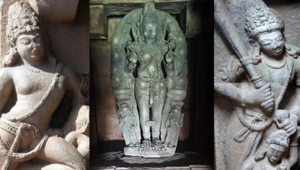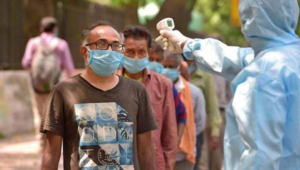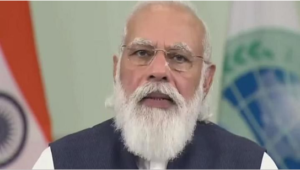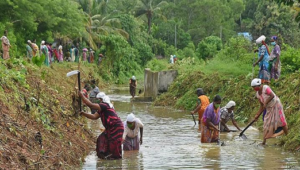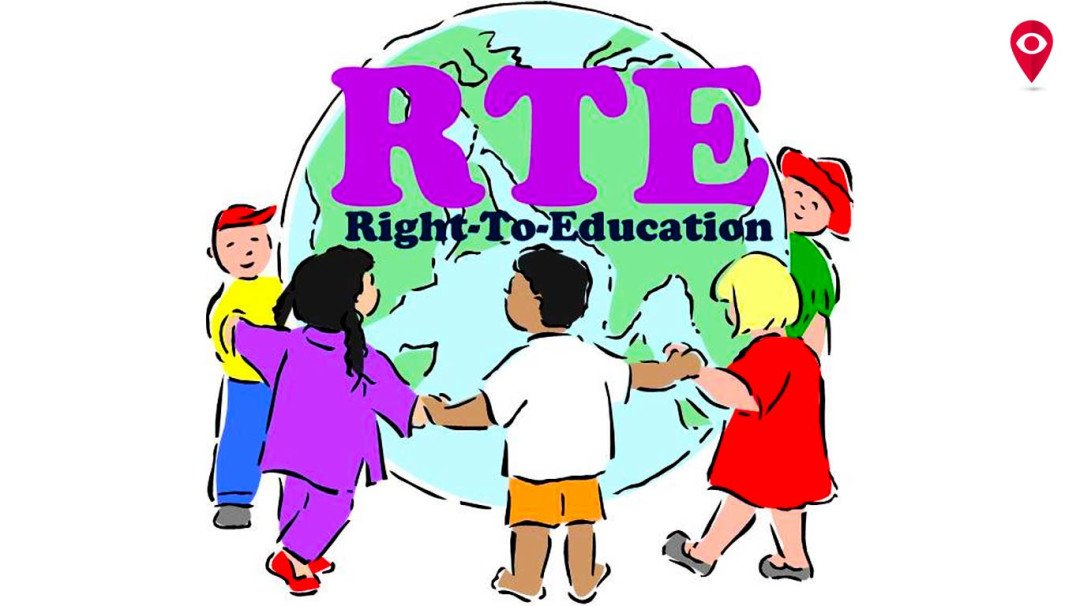
children related laws in India
Right of Children to Free and Compulsory Education Act, 2009 (RTE-2009)
It came into force on 1st April 2010, to enforce free and compulsory education for children below 6 to 14 years provided under article 21(A).
Provisions:
- It defines
- Elementary education means the education from first class to eighth class.
- Compulsory education means obligation of the appropriate government to provide free elementary education and ensure compulsory admission, attendance and completion of elementary education of every child six to fourteen years.
- Free means no child shall be able to pay any kind of fee or charges or expenses which may prevent him or her from pursuing and completing elementary education.
- The act prohibits
- Physical punishment and mental harassment
- Capitation fees
- Screening procedure for admission of children
- Private tuitions by teachers
- Running of schools without registration
- 25% reservation for economically disadvantaged communities in admission to class one in all private schools.
- It provides for appointment of appropriate trained teachers.
- No child admitted in school shall be held back in any class or expelled from school till the completion of elementary education.
- No teacher shall be deployed from any non-education purpose other than censuses, disaster relief, functions and election activates.
- It provides for constitution of national advisory council and sate advisory council to advice centre and state governments on implementation of provisions of this act.
- It lays down morns and standards relating to:
- Teacher-pupil ratio
- Building and infrastructure
- School working days
- Teacher working days
The Protection of Children from Sexual Offences (POCSO) Act 2012
This law seeks to address these flaws by providing for a complaint mechanism which is gender neutral and is significant because it is the first law in India that specifically address child sexual abuse. The law came into effect on 14thNovember, 2012.
Aims:
- To protect children from offences of assault, harassment and pornography.
- To provide for establishment of special courts for trail of such offences.
Provisions:
- It defines a child as any person below 18 years and protects them from sexual harassment, sexual assault and pornography which are clearly defined under the act.
- The act lists various sexual offences against children and punishment is listed according to the severity of offence.
- An offence is treated as aggravated when committed by a person in position of trust and authority.
- Punishment – Sexual harassment is maximum of three years and fine.
- Pornography – first instance is five years and fine. For second instance it is seven years
- and fine.
- The act incorporates the following child friendly procedure for reporting, recording of
- evidence, investigation and trail of offenders.
- Police officers not to be in uniform while recording the statement of the child.
- No child can be detained in the police station in the night for any reason.
- The statement of the child must be recorded at his residence or any place of his choice.
- Medical examination of the child to be conducted in the presence of the parent or any
- other person trusted by the child.
- Child should not be called repeatedly to testify.
- In camera trail of cases.
- Attempt to commit an offence is also punishable under the act.
- The act provides for punishment for making false complaints.
- Media is prohibited from disclosing the identity of child.
- The control and state governments are responsible to spread awareness about law
- through media.
- National Commission for Protection of Child Rights and SCPCR are responsible for the monitoring the implementation of act.
- ent of the child must be recorded at his residence or any place of his choice.
- Medical examination of the child to be conducted in the presence of the parent or any
- other person trusted by the child.
- Child should not be called repeatedly to testify.
- In camera trail of cases.
- Attempt to commit an offence is also punishable under the act.
- The act provides for punishment for making false complaints.
- Media is prohibited from disclosing the identity of child.
- The control and state governments are responsible to spread awareness about law
- through media.
- National Commission for Protection of Child Rights and SCPCR are responsible for the monitoring the implementation of act.






